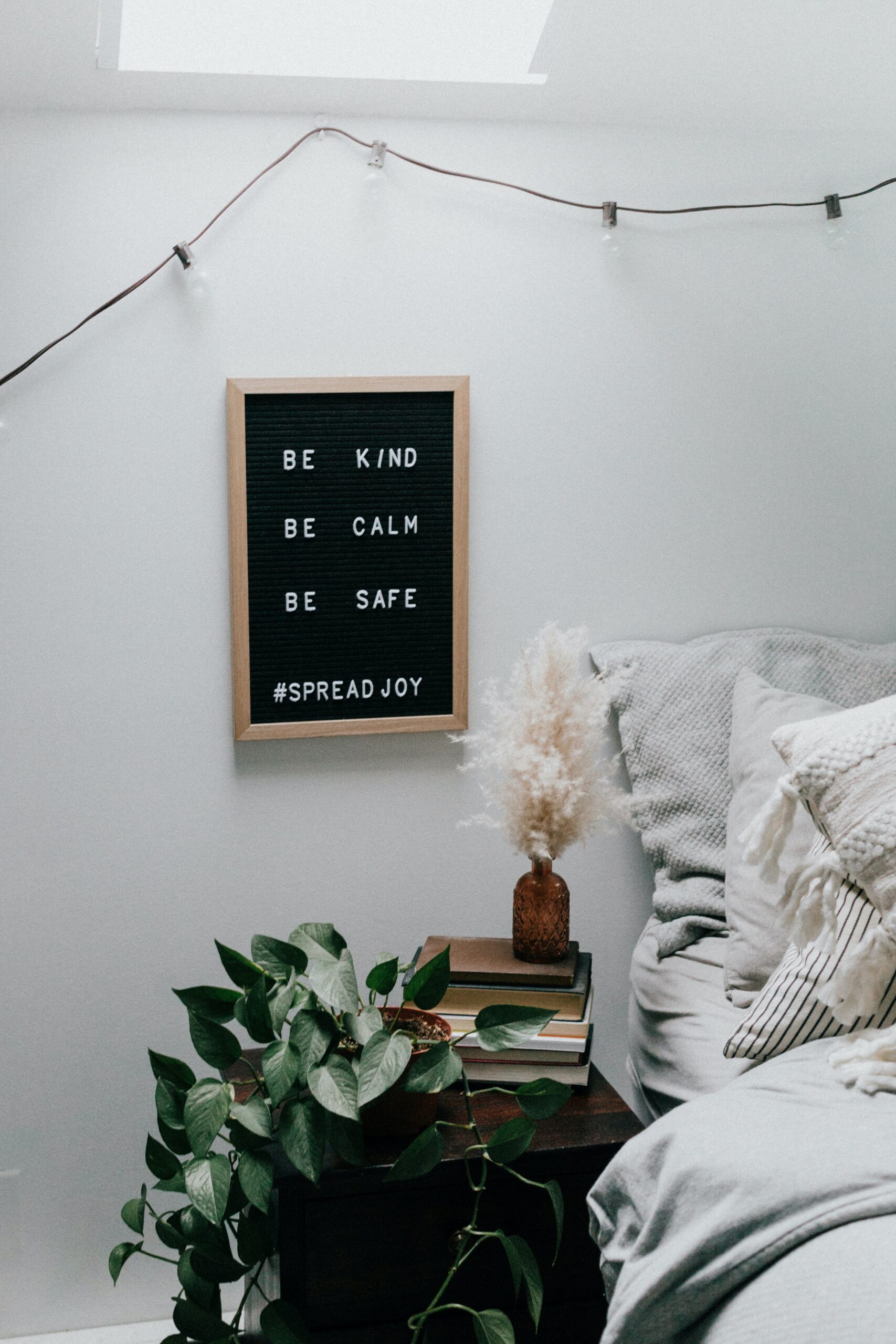Are you tired of feeling overwhelmed by the clutter and chaos in your life? Are you yearning for a simpler, more intentional way of living? If so, you’re not alone. The minimalist lifestyle is becoming increasingly popular as more and more people are realizing the benefits of decluttering, simplifying, and practicing conscious consumerism.
In this article, we will explore the surprising benefits of adopting a minimalist lifestyle. We will delve into the key principles of minimalism and how they can help you lead a more fulfilling and meaningful life. Whether you’re a seasoned minimalist or just starting out on your journey, you’ll discover practical tips and strategies for simplifying your life, reducing your environmental impact, and finding greater joy in the things that truly matter. So let’s dive in and explore the power of minimalism!
Decluttering and Simplifying
Are you feeling overwhelmed by the clutter in your home and the chaos in your mind? Do you yearn for a simpler, more intentional way of living? If so, you’re not alone. In our fast-paced, consumer-driven world, it’s easy to accumulate more than we need, both physically and mentally. By decluttering and simplifying, you can experience less stress, more focus, increased productivity, and a clearer mind. So, let’s explore how you can achieve a more minimalist lifestyle and reap the rewards. To start decluttering, it’s helpful to begin with a small area, such as a closet or a drawer, and work your way up to larger spaces. Using the “one in, one out” rule is also a useful way to prevent clutter from accumulating in the future. For every item you bring into your home, try to remove one item you no longer need.
Simplifying your life can also have significant benefits, including increased mental clarity, more time for what truly matters, and reduced environmental impact. Simplifying means prioritizing what’s truly important and eliminating unnecessary commitments, possessions, and distractions. It’s essential to practice mindfulness when simplifying your life, and to regularly reassess your priorities and commitments. This might mean saying no to certain social engagements or cutting back on social media use. By doing so, you’ll free up more time and energy for the people and activities that bring you joy and fulfillment.
Conscious Consumerism
In today’s world, more and more people are becoming aware of the impact their choices have on the planet. Conscious consumerism is a powerful tool in the fight against climate change and other environmental issues. By making intentional and sustainable choices when it comes to purchasing, we can reduce our environmental impact, support ethical businesses, and even save money in the process.
But where do we start? The first step is to do your research. Look for products and brands that align with your values and beliefs. Do they use sustainable materials or processes? Do they have a commitment to fair labor practices? By supporting these businesses, you can help create a demand for more sustainable and ethical practices across industries.
Another important aspect of conscious consumerism is choosing quality over quantity. While it may be tempting to go for the cheaper, disposable option, investing in high-quality products that will last longer can save you money in the long run and reduce the amount of waste you produce.
Finally, consider buying secondhand when possible. Thrift stores, consignment shops, and online marketplaces like Etsy and Vinted are great places to find gently used items at a fraction of the cost of buying new. Not only does this reduce the demand for new products, but it also gives a second life to items that might otherwise end up in a landfill.
By practicing conscious consumerism, we can make a difference in our own lives and in the world around us. It’s a small but powerful step towards a more sustainable future.
The Psychological Benefits of Minimalism
One of the key benefits of adopting a minimalist mindset is an increase in mindfulness. When we have fewer possessions and distractions, we are better able to focus on the present moment and appreciate what we have. This can lead to a reduction in anxiety and depression, as we learn to let go of the constant desire for more and instead find contentment in what we already have. Additionally, by reducing the clutter in our lives, we can improve our self-esteem and boost our sense of control over our environment.
To cultivate a minimalist mindset, it’s important to start by practicing gratitude. Take time each day to reflect on what you are grateful for, whether it’s the roof over your head or the people in your life. This can help shift your focus away from material possessions and towards the things that truly matter. Additionally, try to prioritize experiences over possessions. Instead of buying more things, invest in experiences that will bring you joy and fulfillment. Finally, surround yourself with positive influences, whether it’s reading books or following social media accounts that inspire you to live with less. By making small changes and cultivating a minimalist mindset, you can experience the many benefits of a simpler, more intentional lifestyle.
In conclusion, adopting a minimalist lifestyle can have a multitude of benefits, from reducing stress and increasing mental clarity to supporting ethical businesses and reducing environmental impact. By incorporating minimalist practices such as decluttering, simplifying, and conscious consumerism, individuals can improve their quality of life while also making a positive impact on the world around them. So why not give it a try? Start small, take it one step at a time, and see how minimalist practices can enhance your life in surprising ways. By embracing minimalism, we can all contribute to a happier, healthier, and more sustainable future.





